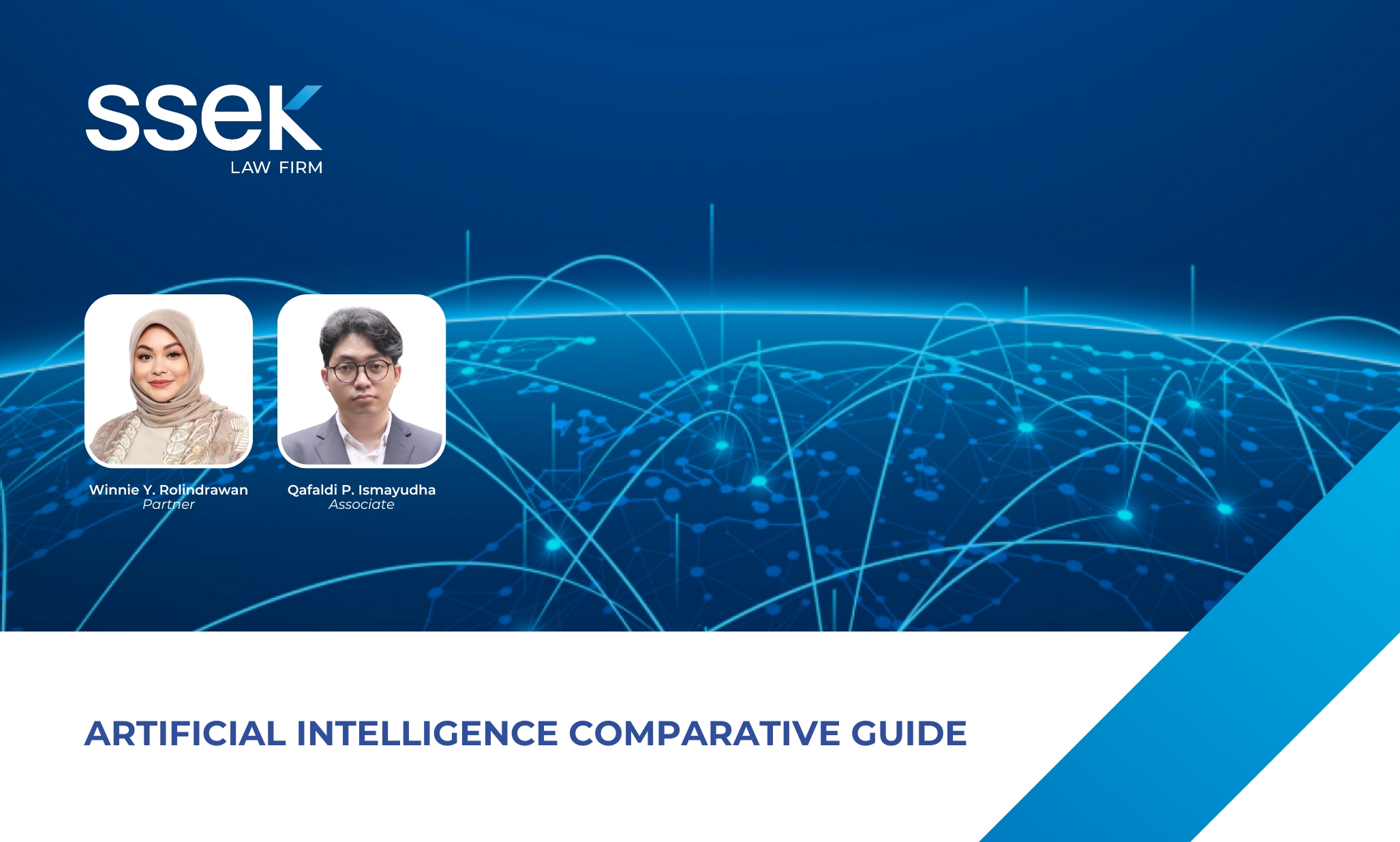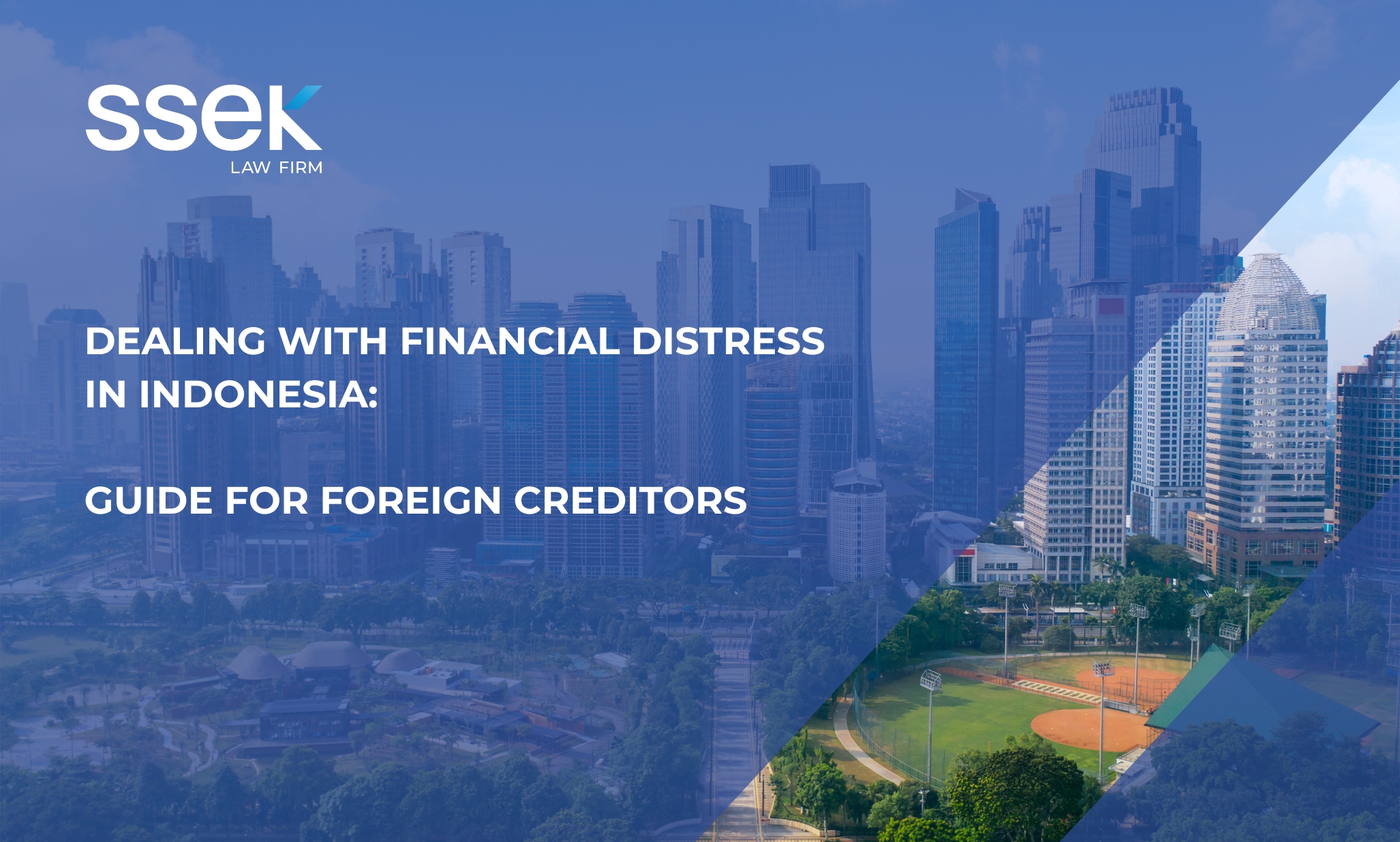


The Indonesian Government has issued a regulation to revoke and replace the Job Creation Law following the Constitutional Court ruling ordering the government to amend parts of law within two years.
Effective as of December 30, 2022, Government Regulation in Lieu of Law No. 2 Year 2022 (“Perppu No. 2”) revokes and replaces Law No. 11 Year 2020 (the “Job Creation Law”).
Changes in the Employment Sector
Specifically for the Indonesian employment sector, Perppu No. 2 introduces some important changes from the Job Creation Law, including outsourcing arrangements and minimum wage requirements. We look briefly at some of these major changes.
| Issue | Job Creation Law | Perppu No. 2 |
| Outsourcing | Deletes Article 64 of the Manpower Law (Law No. 13 of 2003) allowing a company to outsource part of its work to another company under a written agreement.
|
(1) Allows a company to hand over part of the execution of its work to another company through an outsourcing agreement made in writing.
(2) The government shall determine which work or type of work can be outsourced to another company.
(3) Further provisions regarding the determination of outsourceable work shall be regulated in a Government Regulation.
|
| Variables used to calculate minimum wage | Maintains Article 88D paragraph (2) of the Manpower Law, which stipulates that the formula for calculating minimum wage includes economic growth or inflation variables. | The formula for calculating the minimum wage takes into account the variables of economic growth, inflation, and certain indexes.
|
| Government authority to stipulate formula to calculate minimum wage | Does not address issue.
|
Introduces Article 88F, which allows the government in certain circumstances to stipulate a formula for calculating a minimum wage that is different from the formula for calculating the minimum wage as referred to in Article 88D paragraph (2) of the Manpower Law.
|
Based on the above, companies would do well to anticipate how the government will further regulate outsourcing arrangements and minimum wages in 2023.
Background on Perppu No. 2
Perppu No. 2 was issued to implement Constitutional Court Decision No. 91/PUU-XVIII/2020, which found that the Job Creation Law was conditionally unconstitutional and gave the government two years, until November 2023, to amend the law. The court also ordered the government and lawmakers to refrain from issuing any further implementing regulations for the Job Creation Law pending its amendment. If the Job Creation Law was not amended or replaced before that two-year deadline, it would be become permanently unconstitutional and all the laws and regulations amended or replaced by the Job Creation Law and its implementing regulations would revert to force.
Even though Perppu No. 2 has been issued and applies, it must still be approved by the People's Representative Council of Indonesia (DPR) once it returns to session on January 9, 2023. The DPR is expected to approve or reject Perppu No. 2 in early 2023.









